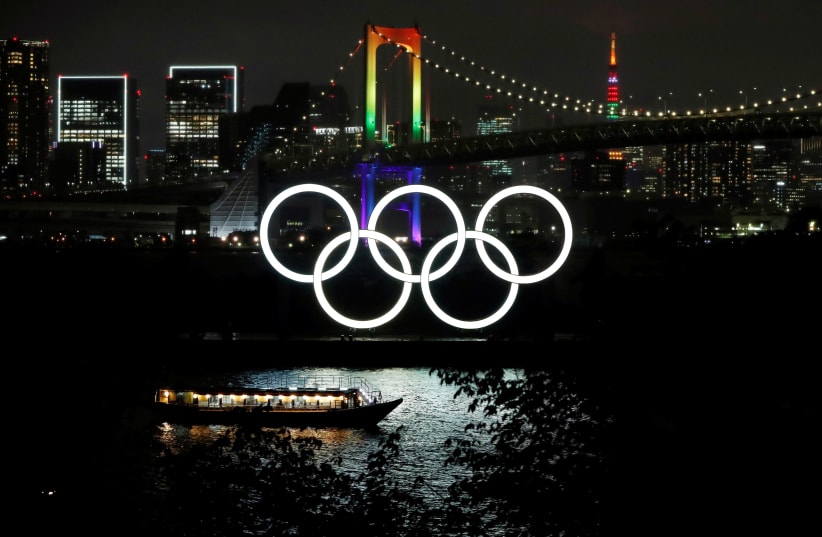The Olympics brings together every couple of years some of the greatest and most talented athletes the world has to offer, who have trained their entire lives to hone their bodies and skills to peak physical perfection in order to compete for the gold.
And yet, nearly half of Americans think they can easily do it too.
According to a new study conducted by OnePoll, and initially reported by studyfinds.org, an estimated 40% of Americans think they are in good enough shape to compete in at least one sport in the summer or winter Olympics.
The study found that men were more likely to think this, with the vast majority of respondents (nearly 70%) were all under the age of 35.
The sports most respondents seemed to think they could compete in were basketball, soccer and swimming.
The number of Americans thinking they could compete in the Olympics may not be surprising for some, as studies and reports have found that Americans spend in nearly $60 billion per year on fitness. However, the obesity epidemic in the US is well-known worldwide.
According to the US Centers for Disease Control and Prevention (CDC) back in 2018, the Body Mass Index (BMI) of the average American is around 30, which is the cutoff point for obesity, CNN reported.
However, as shown in a database released in 2016 by the International Olympic Committee of athletes from the 2016 Rio Olympics, the average BMI of athletes was 22.9, with men being 24 and women being 21.6.
Further, for men, the average BMI of basketball Olympians was 22.3, 23 for soccer and 23.7 in swimming. For women in the same sports, it was 22.3, 21.5 and 21.1.
BMI is a widely cited source to indicate one's level of obesity, though as noted by the CDC, it does not directly measure body fatness, though the correlation is considered fairly strong. In addition, the BMI of an athlete can be far higher despite not having a high fat count, due to increased muscularity.
But while most Americans may not be athletes and still think they could compete in the Olympics, the study also found that many Americans are tired of the Games altogether.
In total, around 44% of Americans think the Olympics are "overrated" and uninteresting. Further, over half (55%) of respondents seemed to think the Games should have been canceled, rather than being postponed from 2020 to 2021, due to the global pandemic. In addition, 69% think the Games could cause a spark in global COVID-19 cases.
